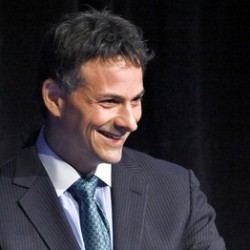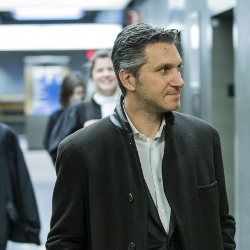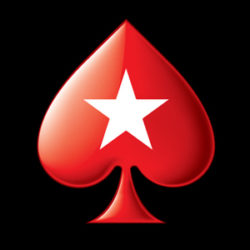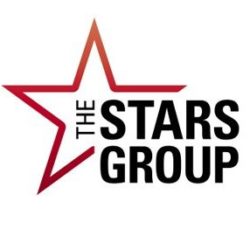Baazov’s Departure and Amaya Investment Opportunities

In 2014, Amaya acquired PokerStars for $4.9 billion, but in August of 2016 the company’s largest shareholder, David Baazov, stepped down from his CEO position in order to fight insider trading allegations leveled against him by Quebec’s securities regulator (AMF). According to AMF, Bazazov, and some family and friends personally profited from the transaction by $1.5 million, a charge Baazov has vehemently denied.
The very same month that Baazov stepped down, hedge fund manager David Einhorn snapped up 3.96 million shares in the company, or around $60 million’s worth, and the move has stimulated a debate on whether Amaya now represents a lucrative buying opportunity for investors.
Baazov Resignation
Baazov’s resignation came around four months after AMS made its allegations, but so far only circumstantial evidence has been presented to support its case. Following a hearing last week, the former CEO reiterated that he had done nothing wrong, and expressed optimism that he would eventually be exonerated of all charges. Meanwhile, Baazov voiced his support for Amaya and its new CEO, Rafi Ashkenazi, stating:
“I am proud of my contributions in building Amaya into the successful company it is today, and continue to be supportive of its strategy and management.”
Investment Opportunities
Successful investors are not always market experts, and a strategy that works for many is to find an experienced investor to emulate before making trades based on their widely publicized moves. These types of individuals might now be considering purchasing stock in Amaya, as one very prominent investor, David Einhorn, has recently invested heavily in the company.
Who Is David Einhorn?
David Einhorn (photo) controls the hedge fund Greenlight Capital which he started in 1996 with a $900,000 investment. The company has since made a 1,902 percent return, with the hedge fund gaining an average of 16.5 percent per annum. Suffice to say, over the years Einhorn has gained a reputation for finding companies that have been undervalued or overlooked and buying up their stock, so that when their full potential is realized, he and his hedge fund can reap the benefits.
About Einhorn’s Amaya Transaction
In August of 2016, David Einhorn’s hedge fund purchased 3.9 million shares of Amaya, the company that owns PokerStars. The online gaming operator’s stock was at $13.77 per share at the time of the purchase, and it’s clear that Greenlight Capital’s Investment has given the company a small boost already, as the stock has since risen to $20.55 per share when this article was published on September 22nd.
Why Amaya?
While Einhorn does not make a habit of publicizing exactly why he makes the investment decisions he does for Greenlight Capital, an experienced eye can see what potential he spotted in Amaya. The company had a free cash flow of $242 million over the last year, making its valuation incredibly low at the stock price that Einhorn paid.
Industry analysts are looking favorably at Amaya as a whole. Most financial experts believe that the stock will pay $2.09 per share in 2016 and as much as $2.51 per share in 2017, showing favorable growth.
There are other factors that make the time potentially right to purchase Amaya stock. Expanding into casino games and sports books has brought in new revenue streams for the company. In fact, 20 percent of their revenues for the first part of 2016 came from these two niches, with the rest derived from its traditional poker product.
There is also a chance that Amaya may soon be able to expand its gaming footprint in the United States. Pennsylvania is expected to sign legislation to legalize online poker later this year, and California, New York, Michigan, Florida and some other states with sizable populations are also actively considering legalization. Successful legislation that would allow PokerStars to expand into new markets could be a boon for the company.
So should you take a gamble on this gambling operator? Perhaps. There is still a lot of risk involved as the future is uncertain and despite having a large amount of cash on hand, the company does have large amounts of debt. In the end, it all depends on your personal tolerance for risk.










